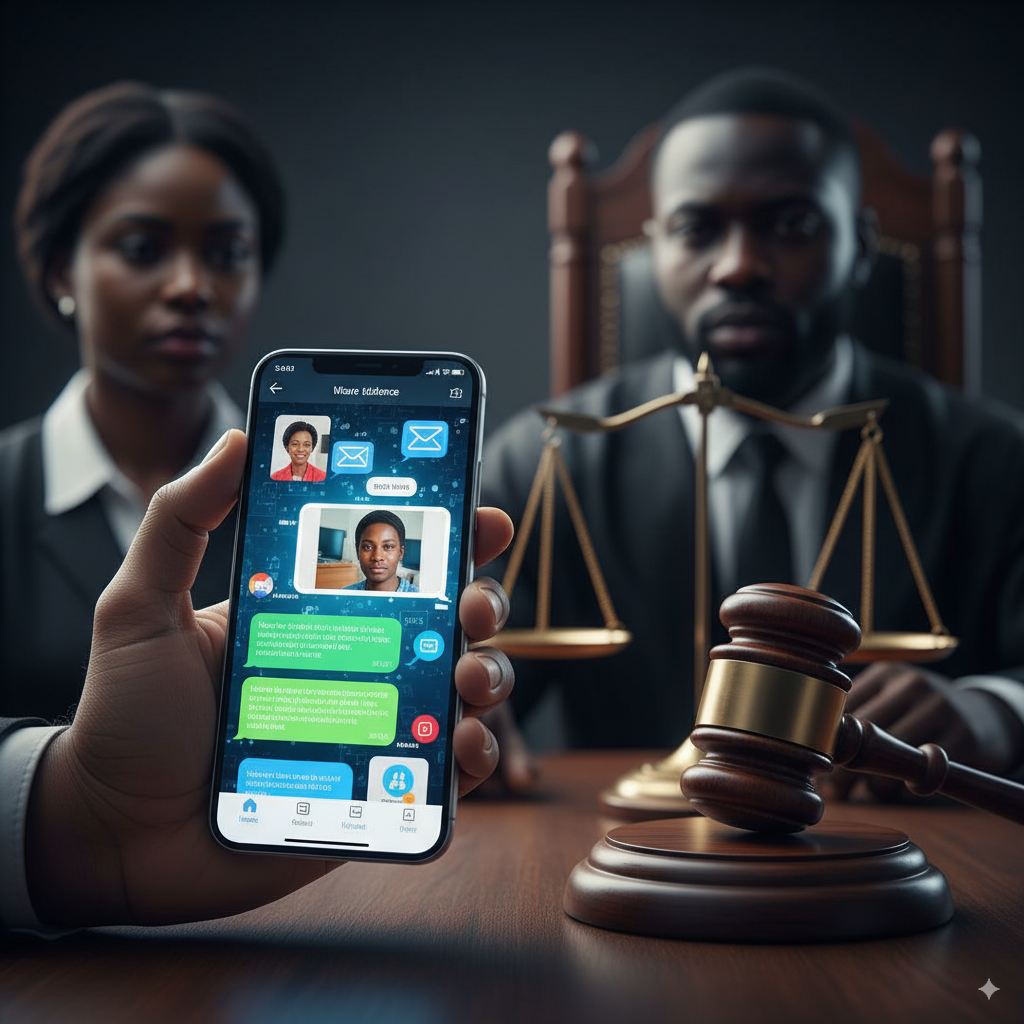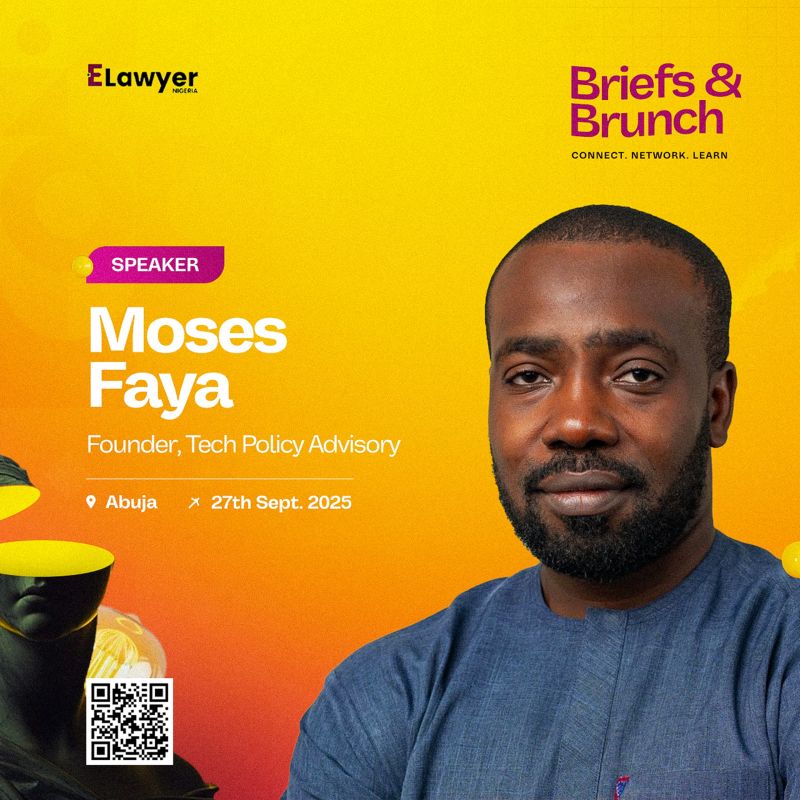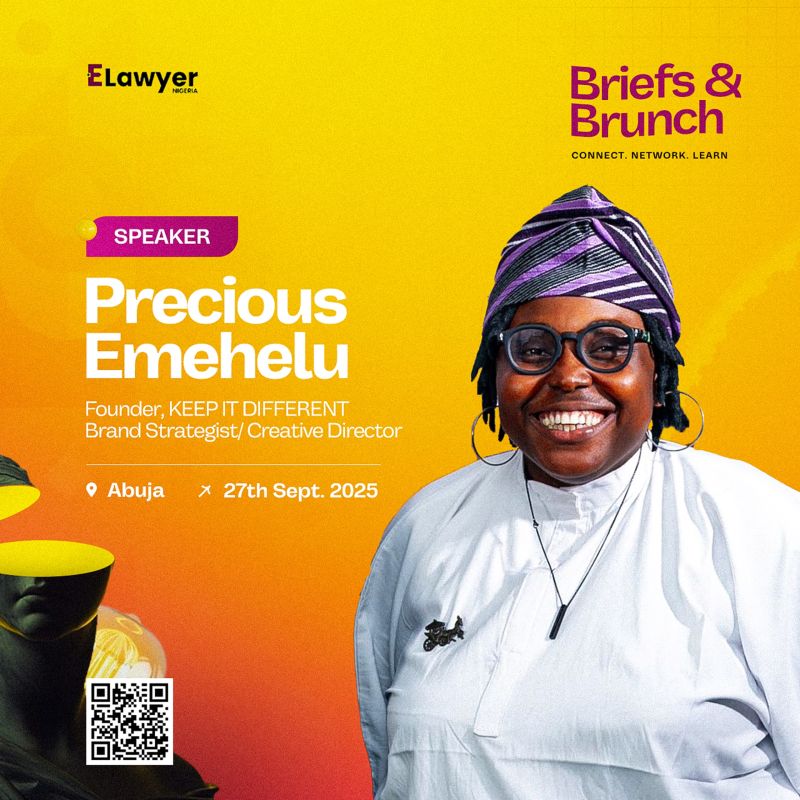The way we communicate has changed. The world has advanced from manual letters to emails. Nowadays, communication is mostly done through WhatsApp chats and social media posts. Most of our interactions now leave digital footprints. But what happens when these digital records are taken to court in Nigeria? Can a screenshot of a chat or an email be used as valid evidence before a judge?
The Legal Backdrop: Evidence Act 2011
The Nigerian Evidence Act 2011 (as amended) provides the core legal framework for admitting digital evidence. Key provisions include:
- Section 84: Deals specifically with the admissibility of electronic evidence, such as emails, SMS, WhatsApp chats, call logs, and even ATM printouts. For such evidence to be admissible, a certificate of compliance must accompany it, confirming the device and process used in generating the data.
- Section 258(1) – Defines the term “document” broadly to include electronic records, ensuring that digital files fall within the scope of admissible evidence under the Act.
Here are Some Practical Examples:
- WhatsApp Chats: If a party wants to rely on a WhatsApp conversation, the chat must be extracted from the phone or server and certified. A simple screenshot without verification risks rejection.
- Emails: Work-related emails can be admitted, provided they are printed and accompanied by a certificate under Section 84.
- Social Media Posts: Posts on X (formerly Twitter), Facebook, or Instagram can be tendered in evidence, especially in defamation cases, if properly linked to the alleged user’s account.
What are The Possible Challenges?
- Authentication Issues – Proving who actually sent a message can be tricky, especially if devices are shared or the account have a tendency to be hacked.
- Forgery & Manipulation – Screenshots are easy to edit, raising credibility concerns.
- Judicial Discretion – Judges sometimes apply the law inconsistently, with some being stricter than others on admissibility of electronic evidence.
- Technical Gaps – Many lawyers and courts still lack the digital literacy or tools to properly present and verify electronic evidence in court.
Conclusion
As Nigeria moves deeper into the digital economy, disputes involving online transactions, social media, and electronic contracts will continue to grow. For lawyers, mastering the rules of digital evidence is no longer optional, it is a professional necessity.
Bottom Line: Yes, screenshots, WhatsApp messages, and emails can be admitted in Nigerian courts. But they must comply with Section 84 of the Evidence Act, properly authenticated, and supported by a certificate of compliance to stand the test of cross-examination.






